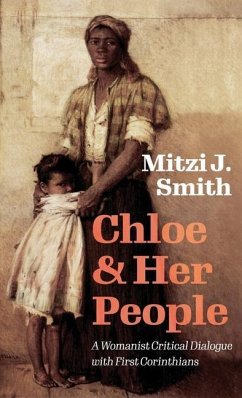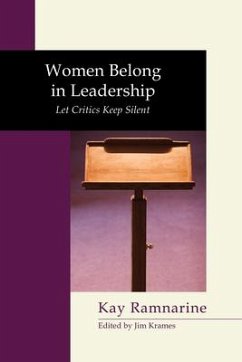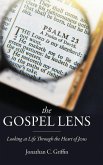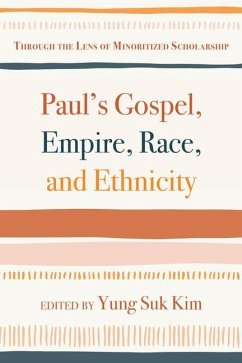Chloe and Her People offers an Africana Womanist reading of First Corinthians that privileges the knowledge, experiences, histories, traditions, voices, and artifacts of Black women and the Black community that challenge or dissent from Paul's rhetorical epistemic constructions. Smith reads First Corinthians dialogically from the perspective of oppressed and marginalized readers situated in front of the text and those muted within and behind the letter. Struggling toward unmitigated freedom, Chloe and Her People talks back to and throws shade on, sometimes poetically, Paul's muting and subordination of women, rhetorically constructed binary knowledge, the glass ceiling placed on women's heads, heterosexual marriage as a mechanism for managing lust, and androcentric patriarchal love built on women's passive bodies.
Hinweis: Dieser Artikel kann nur an eine deutsche Lieferadresse ausgeliefert werden.
Hinweis: Dieser Artikel kann nur an eine deutsche Lieferadresse ausgeliefert werden.








